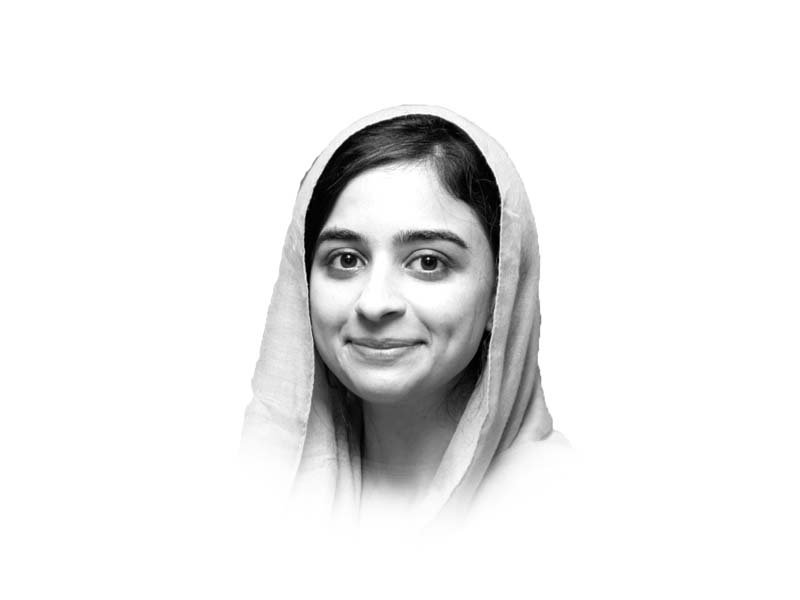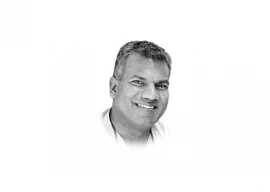
No one can deny that conflict and instability are constant features of the Middle East regional canvas. Even though the struggle around and within countries such as Syria, Yemen and Libya has ostensibly dichotomised the area along religious lines, in fact conflict is primarily fuelled by regional and international power competition whereby external actors have been opportunistically seeking to exploit the turmoil to increase their spheres of influence. All this has pushed the region toward a potentially treacherous political and economic future with malformed states and millions of people displaced across the region.
The sufferers in all of this are of course the civil societies — the same populace that had a decade ago raised its voice for change. Now however, the same people are stuck in a vicious cycle of survival of the fittest. The region is already entangled in high rates of unemployment against a huge youth bulge, dearth of social safety nets, ever-increasing rates of food insecurity, decimated healthcare systems and economic turmoil. All these have been compounded exponentially by the Covid-19 pandemic.
Many thought that Covid-19 would herald breathing space amidst the prevailing chaos. However, this could not be further from the truth. Calls by the UN for a global ceasefire went unheeded as fighting all over the region resumed even more viciously. Apart from the notable health and financial destruction, there were some features of the contagion in terms of conflict in the Middle East region.
Firstly, it provided an opportunity for disgraced political elite groups to re-legitimise themselves, resulting in their protesters now heavily dependent on them once again. Secondly, despite expectations that regional powers would help smaller countries ride the corona wave through, the former themselves turned inward to try and suppress the corona impact on their own economies. Smaller countries were thus left to fend on their own. Thirdly, Covid-19 increased the fight over legitimising rights over economic resources to find alternative sources of survival seeing as tourism is now not regarded as a sustainable means of wherewithal.
As the region crosses the seasonal threshold into winter, many countries are bracing themselves for what is being called the second wave of the pandemic. Smart lockdowns are already being imposed.
In order for the Middle East to stabilise in and for a post-Covid era, there needs to be a solidification of broad regional architecture which will incorporate an array of issues and interests. For instance, efforts towards healthcare response, both by regional and non-regional actors, should not only target containing the virus spread but also should be aimed towards improving the overall public infrastructure in every country. This will of course require a gradation of synchronised policymaking. Despite the fact that this may seem unlikely, events such as the UAE sending medical supplies to Iran shows how Covid-19 provides an opportunity to be an apparatus for peace in the face of staunch adversity.
Concurrently, regional governments, local religious leaders and international actors should acknowledge the importance of giving each other sufficient elbow room in order to allow for successful implementation of coordinated economic measures. Adding a political cover as a prop to fuel isolated grievances will only serve to damage integrated policy responses which are imperative for the region to avert conflict.
Hence, it is important to bear in mind that for any prosperity and resilience framework to succeed in the Middle East, there needs to be both regional backing and encouragement from all international actors. If not, then the same deprecating cycle, that already prevails in the region will playback on the loop it has been doing so for years.
Pre-empt, plan and prepare should be the order of business from here on in.
Published in The Express Tribune, November 8th, 2020.
Like Opinion & Editorial on Facebook, follow @ETOpEd on Twitter to receive all updates on all our daily pieces.




1724152318-0/beyonce-(1)1724152318-0-165x106.webp)
1728213758-0/Tribune-Pic-(2)1728213758-0-165x106.webp)








COMMENTS
Comments are moderated and generally will be posted if they are on-topic and not abusive.
For more information, please see our Comments FAQ